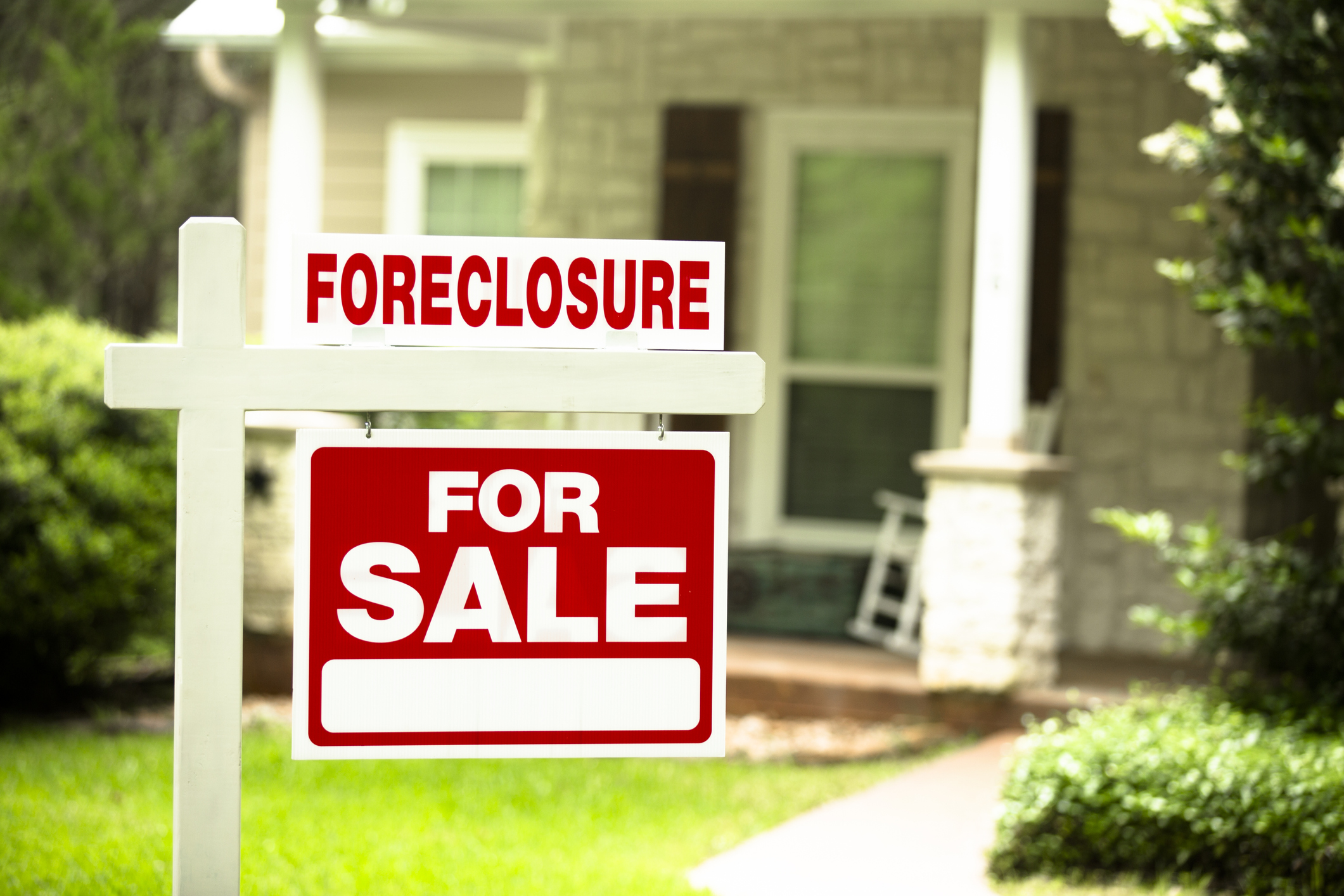
The past 15 years have been eventful in the U.S. property market, from the foreclosure flood unleashed by the Great Recession, through the COVID-driven real-estate boom and period of rising interest rates, persistent inflation, and mixed signals from a struggling economy.
But within the turbulence and uncertainty, there are opportunities. The ongoing period of high inflation and rising living costs may lead to more foreclosures, short sales, and lender-owned properties (REO, or real estate owned) as lenders reclaim properties from buyers who could no longer meet their financial obligations.
That of course means hardship for some, but, as ever, these issues also represent a solid opportunity for investors focused on how to find foreclosed homes to flip for profit, either to live in or as an investment.
With many American workers continuing to work remotely full-time — often seeking out the cheapest places to live — foreclosed homes represent an opportunity to purchase a property for a lower price than you'll find elsewhere.
Here's our guide to the best foreclosure listing sites and all you need to know.
Foreclosure figures across the U.S.
Some statics about where we stand: According to ATTOM Data Solutions, a property database provider, there were more than 320,765 U.S. properties in foreclosure — default notices, bank repossessions or scheduled auctions — in the fourth quarter of 2023 (the most recent data), up 1.7% from the third quarter of 2023 (and up 12.8% from a year ago). The five states with the highest foreclosure rates at the end of the third quarter were Nevada, Maryland, South Carolina, Delaware and New Jersey , per SoFi.
Buying and flipping foreclosed homes might be a path to consider for those who are building a home-selling business. It follows the maxim of buy low, sell high: learn how to find a foreclosed home, buy it on the cheap, make the needed improvements, and sell at or above the market value.
Seeking foreclosure homes near you? Foreclosure laws vary by state. Check with your county, town or city. They may have local foreclosure websites or other means of listing local foreclosures and REO properties. But there is a wide range of online resources for finding foreclosures, including most larger banks (we’ve listed a few):
Foreclosure listings — free sites
Equator.com. Equator offers free listings of homes in foreclosure — alongside short sales, open-market listings, and properties available through the Hubzu auction process. Select the "buy" menu, then click on “foreclosure homes.”
HomePath.com. Owned by the Federal National Mortgage Association (known as Fannie Mae), HomePath.com offers free listings of thousands of homes in foreclosure being sold by Fannie Mae.
HomeSteps.com. This site is owned by the Federal Home Loan Mortgage Corporation (also called Freddie Mac). It lists homes in foreclosure that Freddie Mac is selling to investors or potential home buyers.
Zillow Foreclosure Center. The popular website used by home sellers and buyers alike has its own search site for foreclosure listings. You can fashion your own method of searching, filtering by cost or location.
Realtor.com Foreclosures. Realtor.com, a popular website used by new-home seekers or sellers, can help you find foreclosures. You can focus your search using a zip code and/or city. And, while we're on the subject of realtors, by the way, you can also check with local real estate companies and their agents directly to search for foreclosed homes. Many offices have realtors who specialize in this area.
Bank of America-owned properties and foreclosures. This Bank of America site allows users to search for real estate-owned or bank-owned foreclosed properties, by zip code or other methods.
Foreclosure listings — paid sites
RealtyTrac. After a 30-day trial for $1.00, it’s $49.60 a month, with discounts on multi-month packages. Members get access to RealtyTrac’s proprietary information, including auction dates and locations, pre-foreclosure addresses, owner information, bank loan amounts and more.
Foreclosure.com. After the free 7-day trial, it’s $39.80 per month. Subscribers receive detailed information on the listed properties, tax roll data, files provided by the lender, local school districts and other listing details.
Foreclosure listings — government sites
HUD.gov. Potential investors and other home buyers can find one- to four-unit residential properties that the Department of Housing and Urban Development acquired from foreclosure actions on FHA-insured mortgages.
USDA-RD/FSA Properties. The United State Department of Agriculture-Rural Development and the USDA-Farm Service Agency list properties on this website. Here, you’ll find a small number of single- and multi-family homes, farms, and ranches. Buyers should contact the local USDA-RD office for more information on the property and how to buy it.
IRS Seizures. This Internal Revenue Service website is a portal for finding homes and other property seized by the tax agency for nonpayment of federal taxes.







